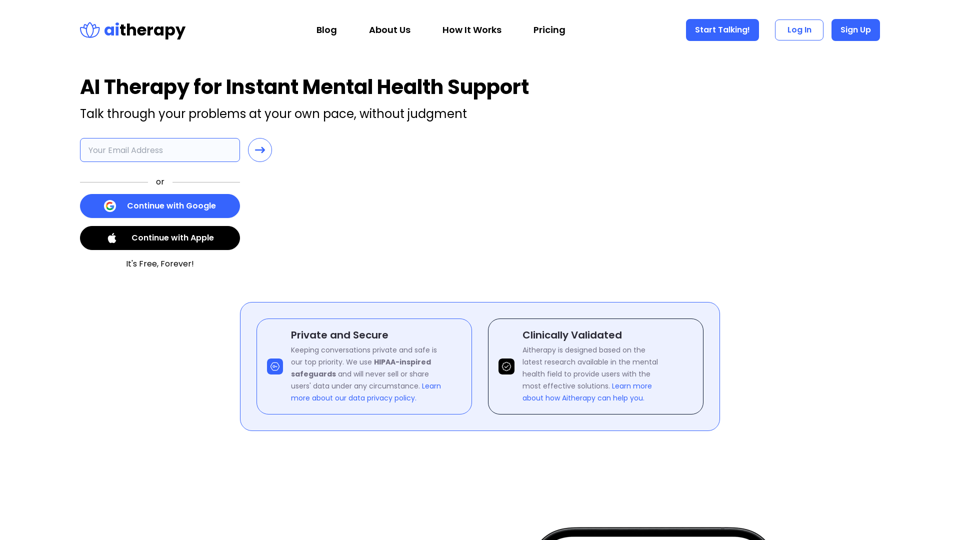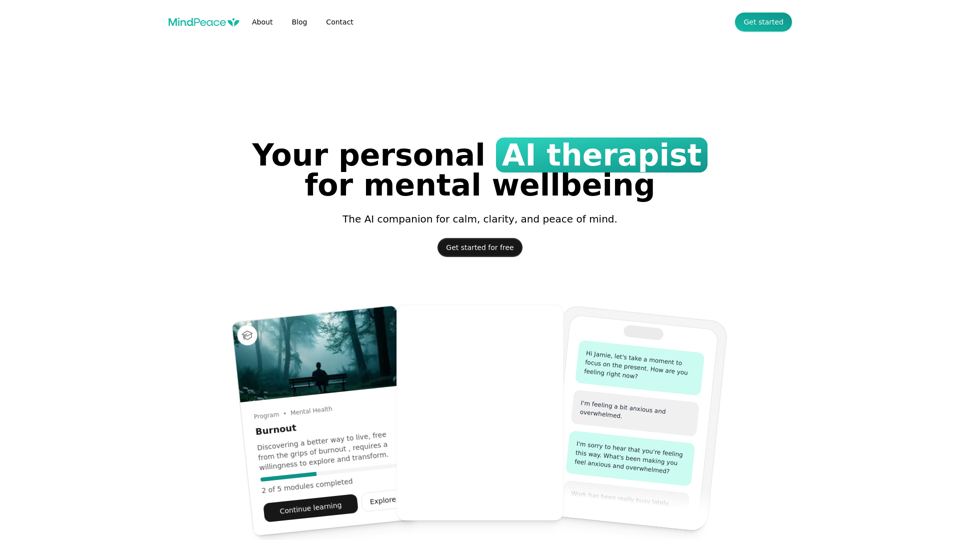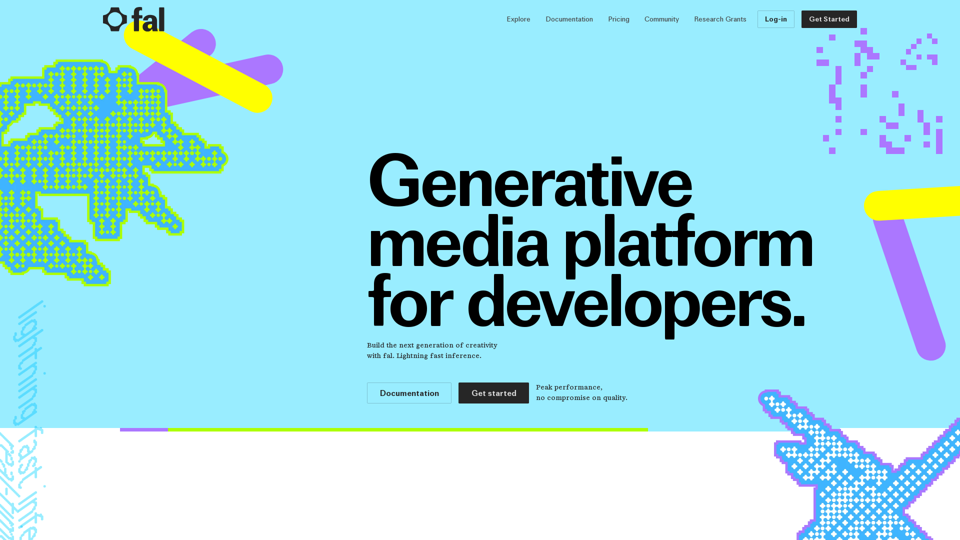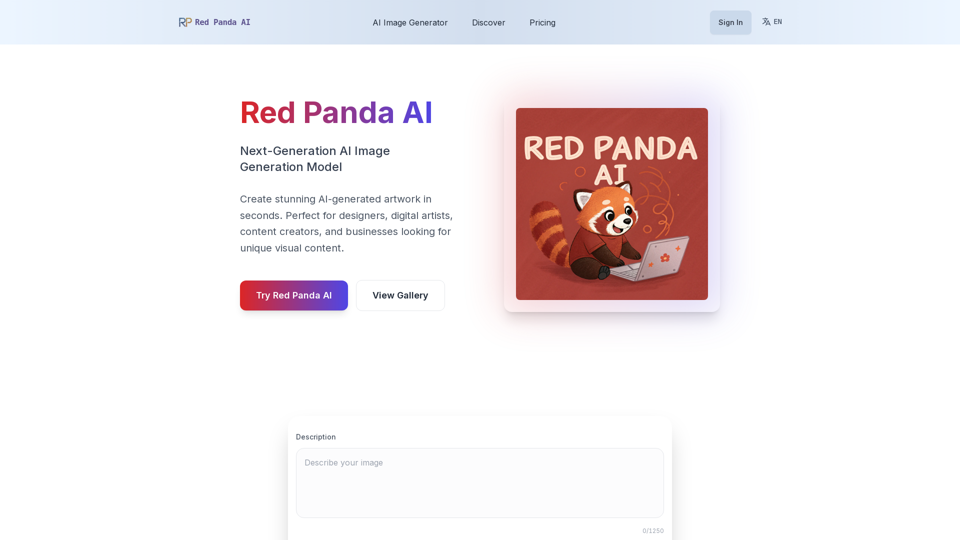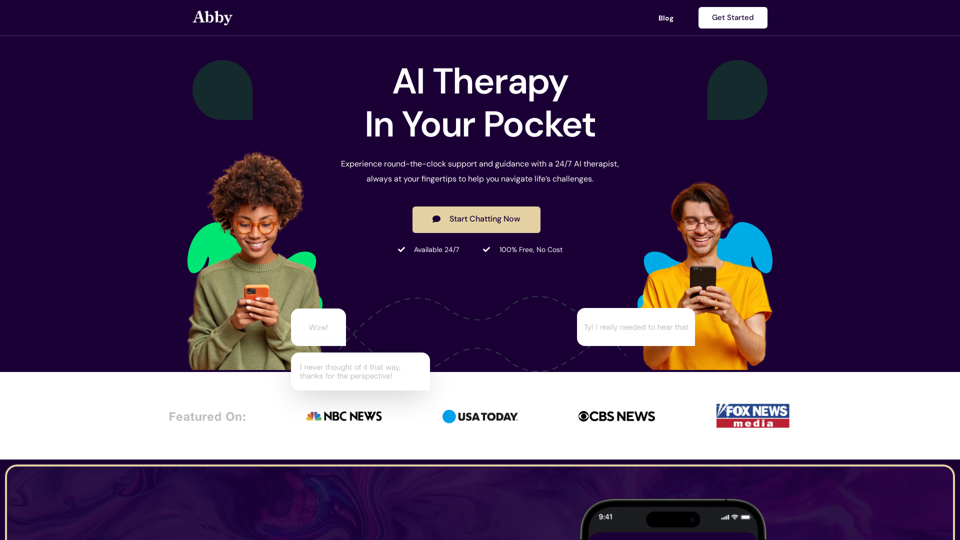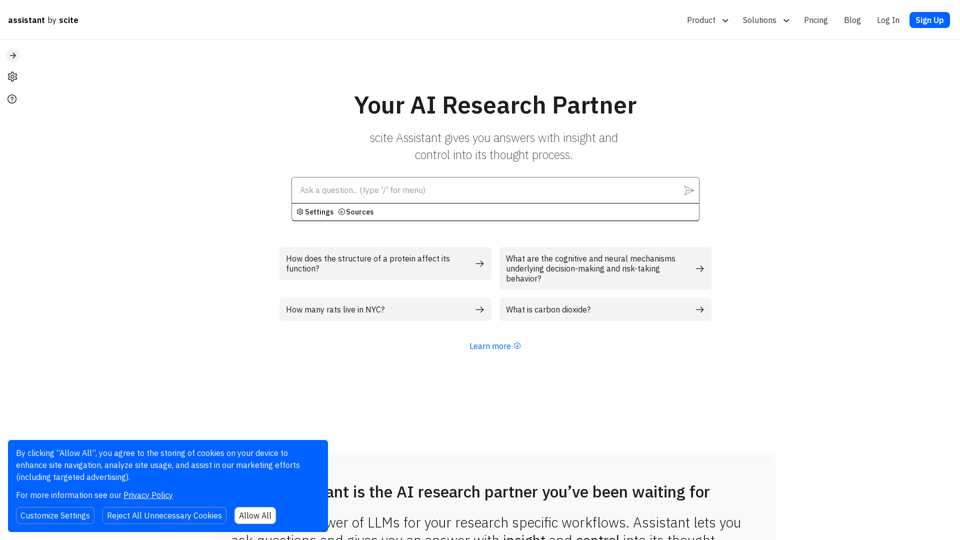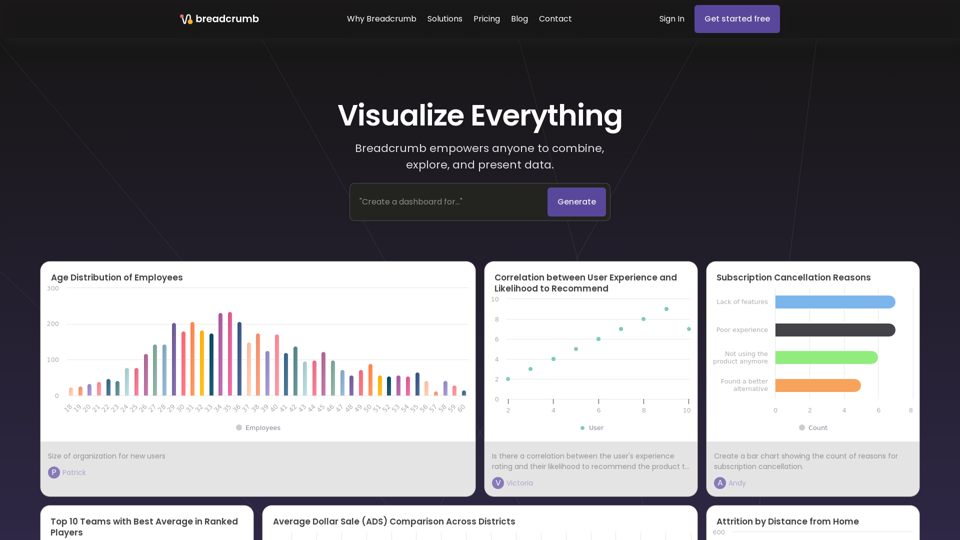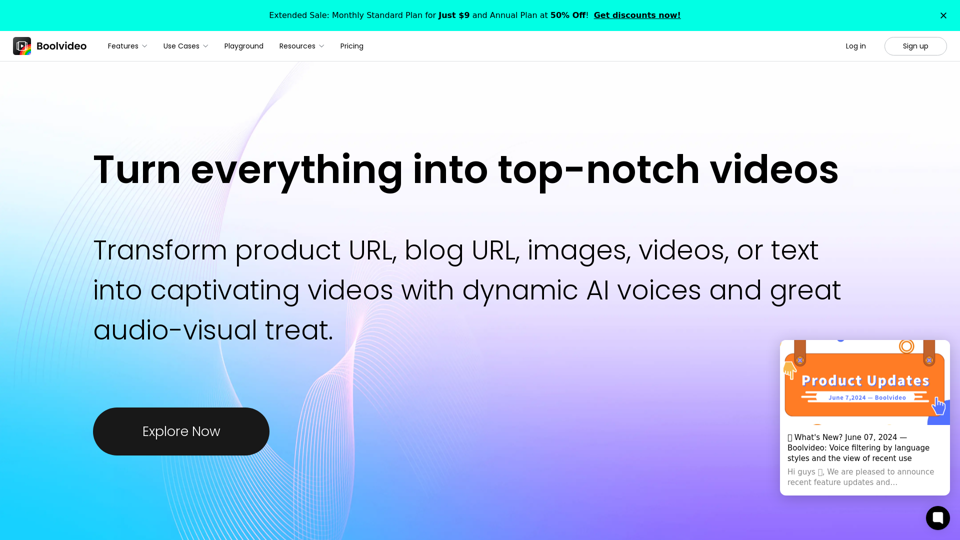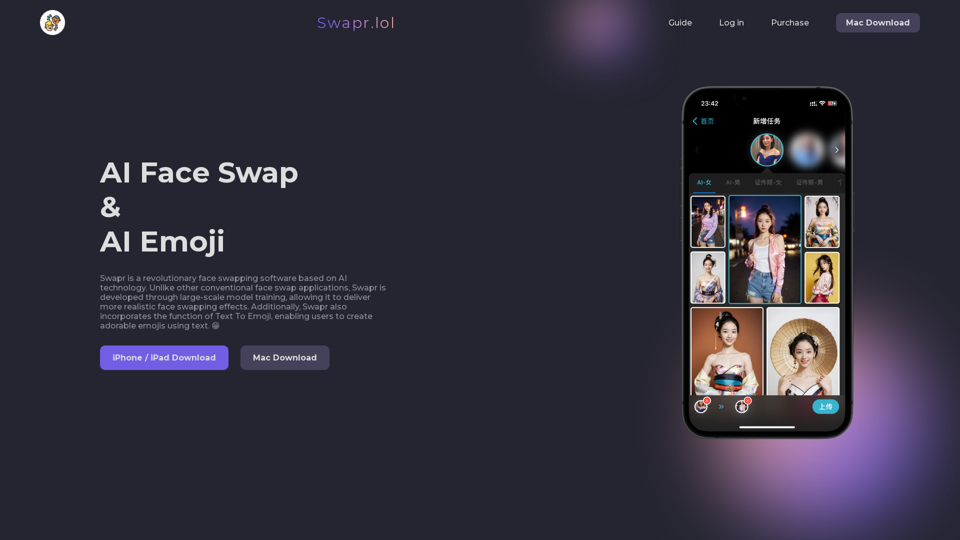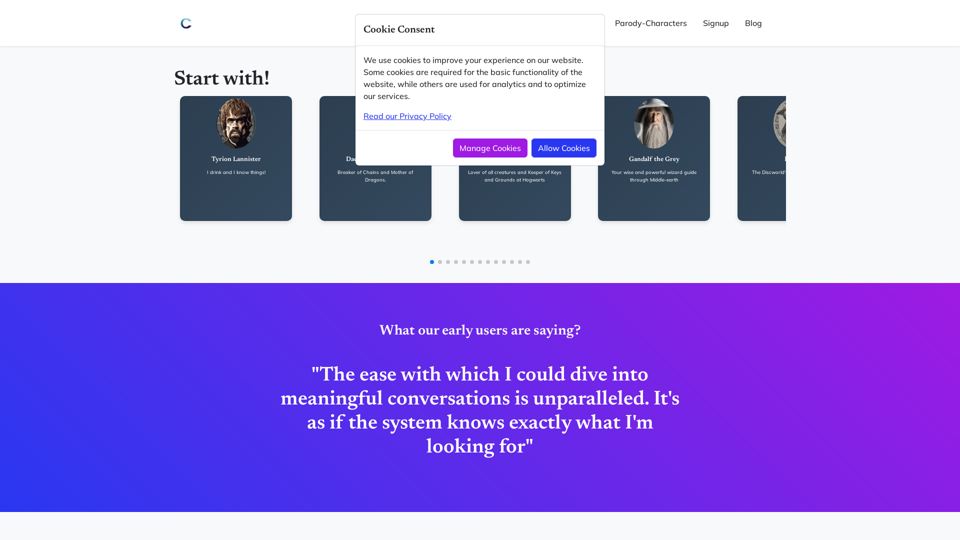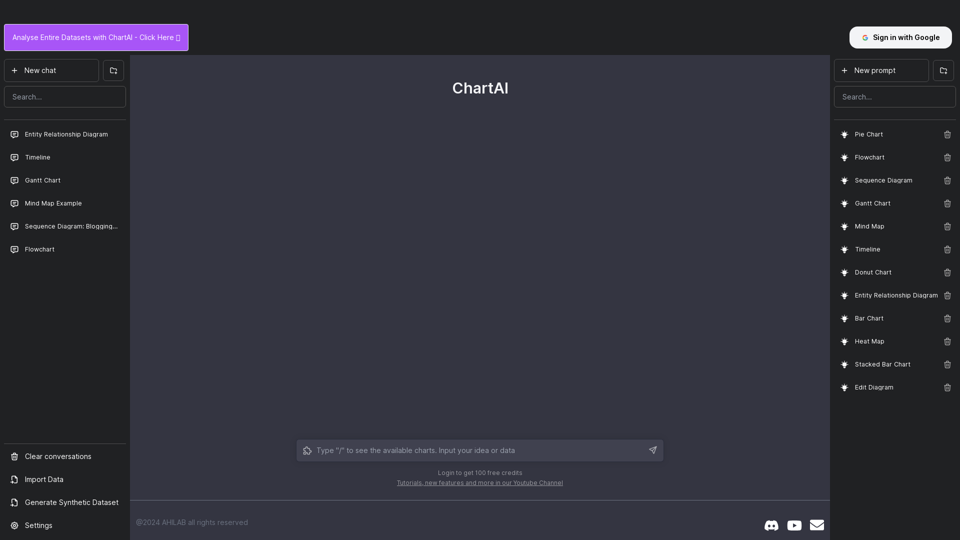Что такое ИИ в области психического здоровья?
Искусственный интеллект (ИИ) в области психического здоровья относится к использованию продвинутых алгоритмов и методов машинного обучения для улучшения психиатрической помощи. Инструменты ИИ предназначены для содействия в диагностике психических расстройств, персонализации планов лечения и предоставления немедленной поддержки через цифровые платформы, такие как чат-боты.
Преимущества ИИ в области психического здоровья
Улучшенная доступность
- Приложения и чат-боты на базе ИИ предлагают круглосуточный доступ к поддержке в области психического здоровья, преодолевая географические и временные барьеры.
- Они предоставляют доступную альтернативу традиционной терапии, которая может быть дорогой и труднодоступной.
Повышенная точность диагностики
- Алгоритмы ИИ могут анализировать огромные объемы данных для точной диагностики психических расстройств, часто с большей точностью, чем традиционные методы.
- Методы машинного обучения используются для прогнозирования исходов пациентов и соответствующей настройки вмешательств.
Персонализированные планы лечения
- ИИ может создавать индивидуальные терапевтические режимы, анализируя данные пациента, включая медицинскую историю, образ жизни и генетическую информацию.
- Такая персонализация обеспечивает более эффективные планы лечения, соответствующие индивидуальным потребностям.
Поддержка для специалистов в области психического здоровья
- Инструменты ИИ помогают терапевтам, автоматизируя рутинные задачи, анализируя данные пациентов и предоставляя инсайты, которые улучшают принятие клинических решений.
- Они освобождают время для специалистов в области психического здоровья, чтобы сосредоточиться на предоставлении эмпатичной заботы.
Конфиденциальность и анонимность
- Решения в области психического здоровья на базе ИИ предлагают уровень конфиденциальности, который побуждает людей открываться по поводу деликатных вопросов без страха осуждения.
- Это может быть особенно полезно для тех, кто колеблется в отношении традиционной терапии из-за стигмы.
Как использовать ИИ в области психического здоровья
Чат-боты и виртуальные помощники
- Чат-боты, такие как Woebot и Tess, предоставляют эмоциональную поддержку по запросу и упражнения по когнитивно-поведенческой терапии (КПТ).
- Они вовлекают пользователей в разговор, отслеживают их прогресс и предлагают персонализированные советы.
Носимые устройства
- Носимые устройства с ИИ могут отслеживать физиологические сигналы, такие как частота сердечных сокращений и режим сна, для оценки психического благополучия.
- Эти устройства предупреждают пользователей и медицинских работников о потенциальных проблемах с психическим здоровьем, позволяя вовремя вмешаться.
Анализ данных
- Системы ИИ анализируют электронные медицинские записи, активность в социальных сетях и другие источники данных для выявления ранних признаков психических расстройств.
- Этот проактивный подход помогает предотвратить обострение проблем с психическим здоровьем.
Интеграция с системами здравоохранения
- Инструменты ИИ интегрируются в системы здравоохранения для оптимизации рабочих процессов, повышения вовлеченности пациентов и улучшения соблюдения лечения.
- Они помогают управлять данными пациентов, назначать встречи и предоставлять образовательный контент.
ИИ в области психического здоровья трансформирует ландшафт, предлагая инновационные решения для решения глобального кризиса психического здоровья. Улучшая доступность, персонализацию и поддержку, ИИ обладает потенциалом значительно улучшить результаты в области психического здоровья во всем мире.

